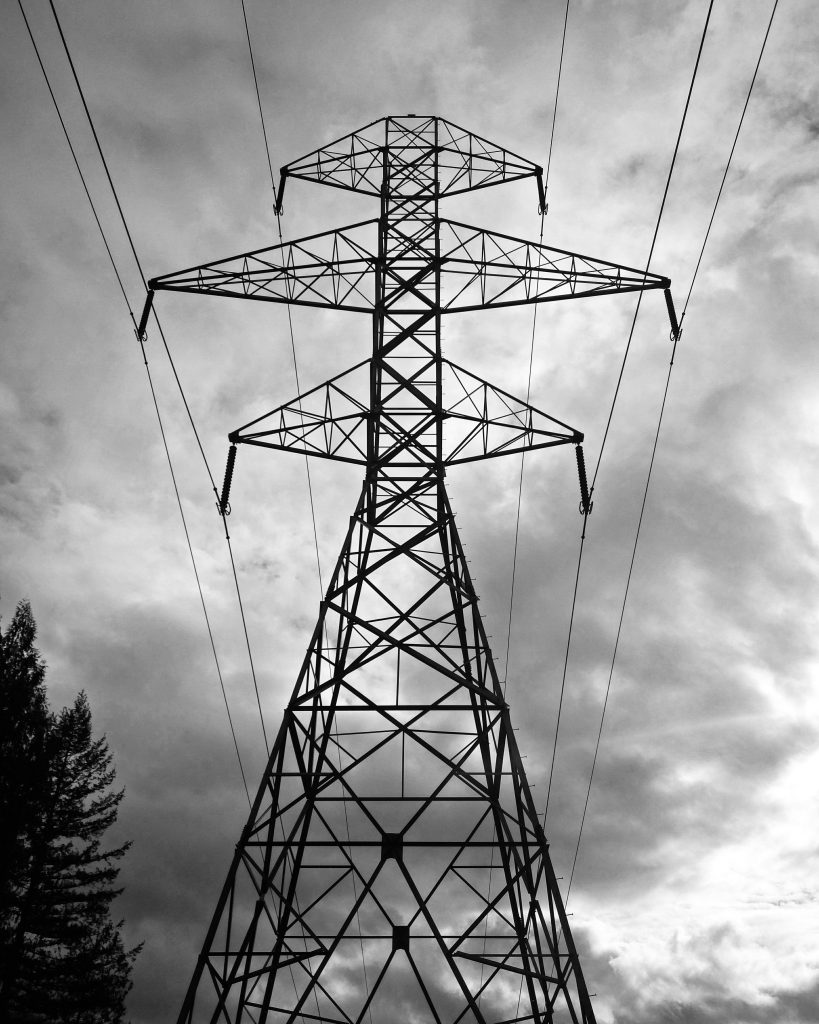Supply Chain Effects of the Government Shutdown

By Lillian Nelson*
As the government shutdown comes to an end, federal workers will return back to work, and back pay will be paid out for those who have had to work without pay. But what about the independent contractors working on government projects who are paid from federal funding? The projects already in motion were somewhat unaffected by the shutdown, at least financially. They were likely to be fixed-price projects1 meaning that their funding had already been appropriated when the contract was awarded.2 There may have been issues with key personnel no longer being on site, or with limited access to government property3, but these contractors were likely still getting paid because the money had already been appropriated. The real challenge, however, arose with new projects awaiting approval, which could create supply chain issues downstream.
During the shutdown, most federal employees lost the authority to approve new construction contracts or to authorize the next phase of existing projects, since those activities were considered nonessential operations.4 As operations now resume, demand from delayed projects could strain the construction supply chain. There will be pressures to quickly get contracts signed, material delivered, and new projects started, which will lead to a high demand for labor and material needed for those projects. With the end of the year approaching as well, there may be even more pressure coming from contractors internally to get these deals signed by end of year for reporting purposes. Additionally there could be added costs from prices changing and contractors having to remobilize their workforce.5 Mitigation of costs that resulted from not being able to start anticipated projects is encouraged,6 and is even required in some cases.7 As a result, the government may have difficulty finding contractors that are even able to complete the projects due to focusing their work elsewhere in an effort to mitigate.
For contractors already working with the government, scheduling and planning issues may affect their internal supply chains, which may not come to light for some time. If the government needs to extend the fixed-term contracts that were already in place during the shutdown because their projects got delayed due to a lack of ability to move onto the next stage, they likely can. It is common for federal contracts to contain option clauses allowing the government to exercise a unilateral right to extend the contract.8 If the federal government must exercise more of these option clauses than normal, contractors may face lower amounts of supplies and labor than anticipated. If contractors planned for certain levels and then suddenly have to stay on these government projects, they may not be able to perform other jobs that they have contracted for in the private sector. This could lead to contractual liability as well as damaged reputations. In the coming weeks, contractors working with the federal government should contact their designated representative for the projects they are working on in order to determine whether they anticipate exercising their option contracts and adjust estimate capacities accordingly.
* J.D. Candidate, Class of 2027, Sandra Day O’Connor College of Law at Arizona State University
- Kim Koster, Types of Government Contracts and the Basics of How They Work, Unanet (March 6, 2023) https://unanet.com/blog/the-basics-of-government-contracts. ↩︎
- Sebastian Obando, Government Shutdown Threatens to Stall Federal Construction Projects, Constr. dive (September 30, 2025) https://www.constructiondive.com/news/government-shutdown-federal-construction-projects/761465/. ↩︎
- David H. Carpenter, How a Government Shutdown Affect Government Contracts, Congress.Gov (January 10, 2019) https://www.congress.gov/crs-product/LSB10243. ↩︎
- Marshall Benveniste, What a Government Shutdown Might Mean for Construction, Construct Connect News (September 30, 2025) https://news.constructconnect.com/what-a-government-shutdown-might-mean-for-construction. ↩︎
- Obando, supra note 2. ↩︎
- Ed Jameson, Traci Shepps, Lynnette Leidwinger, 2025 Government Shutdown: Action Steps for Contractors, Cherry Bekaert (September 30, 2025) https://www.cbh.com/insights/alerts/2025-government-shutdown-action-steps-for-contractors/. ↩︎
- Robert K. Tompkins, Amy L. Fuentes, Hillary J. Freund, What to Do in the Event of Federal Procurement Disruptions, Holland & Knight (February 6, 2025) https://www.hklaw.com/en/insights/publications/2025/02/what-to-do-in-the-event-of-federal-procurement-disruptions. ↩︎
- John Ford, Common Contracting Options and Considerations, Cherry Bekaert (July 30, 2025) https://www.cbh.com/insights/articles/common-contracting-options-and-considerations/. ↩︎


